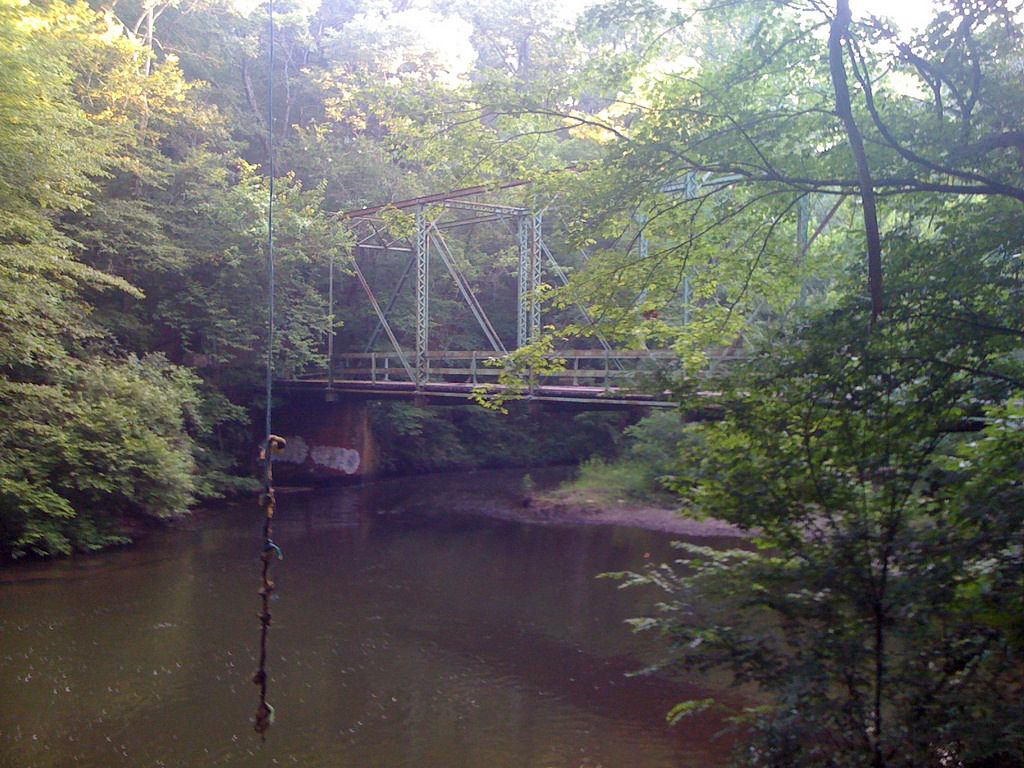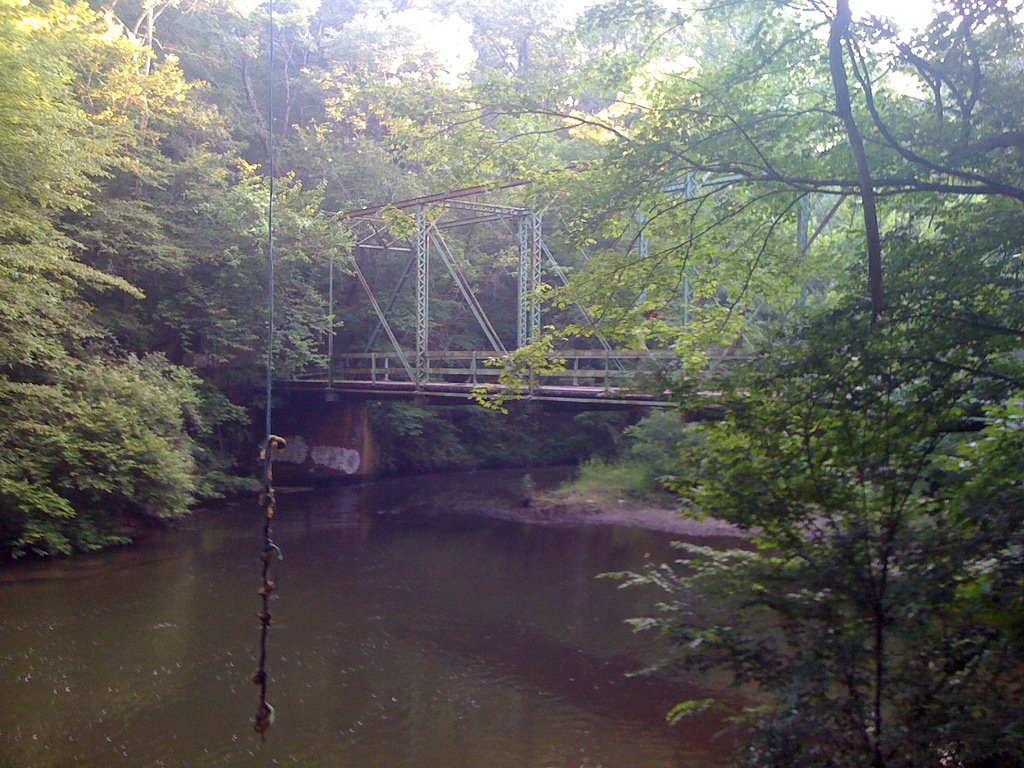By Beth K. Stewart

You may have heard about the Cahaba Beach Road proposal that threatens the quality and cost of your drinking water. You can do something about it. The Alabama Department of Transportation wants to hear from people who would be affected by this issue, in writing, by Nov. 1. You can email ALDOT at bonners@dot.state.al.us, and learn more about the project and how to comment to ALDOT at www.savethecahaba.org.

There is much to be excited about in Birmingham’s revitalization and growth. As someone who grew up here and has worked and raised my family here, it’s heartening to see. And the more we grow, the more we need to keep an eye on a most valuable resource – the Cahaba River, one of the main drinking water sources for ratepayers of the Birmingham Water Works Board. What happens to the River affects the cost of everyone’s water bill, even for those parts of the system that don’t have Cahaba water coming out of your taps.
The Cahaba River Society exists to restore and protect the river and its rich diversity of life – including the diverse people of our region who rely on the River. We are an expert resource to help residents, decision-makers, and our youth learn why the Cahaba is important and how to sustain the River as we grow. We are an organization that values collaboration and education over public battles or lawsuits, and we have a strong track record for working with developers for water-smart growth.
However, we feel so strongly that a new proposed road for Highway 280 cut-through traffic would endanger our drinking water that we are proactively speaking out.
The new Cahaba Beach Road would cut a swath through forested open space lands surrounding the Little Cahaba River, which help keep our drinking water clean as it comes from Lake Purdy to the intakes in the Cahaba River. This is one of the last healthy tributaries of the River. Much of the land is owned by the Birmingham Water Works, bought with ratepayer money many years ago to permanently protect your drinking water.
This is much more than reconnecting a 1-lane, part dirt road and replacing a historic bridge over the Little Cahaba that has been closed for 25 years. The new road would bring Highway 280 cut-through traffic from the area near the Home Depot right across our drinking water source to Sicard Hollow Road, the Liberty Park area, and potentially to I-459. The new road is also intended to open new lands to private development and would increase risks from a direct hazardous spill into the drinking water, heavy traffic, urban runoff, construction runoff, and loss of the forests that keep our water clean and abundant.
There are often equity concerns about water. You, the taxpayer would pay for this road, estimated to cost $10 – $20 million. These are your tax dollars, taking land the ratepayers already bought to protect your drinking water, spent in ways that endanger your water, and, together with all the other impacts to the River, increasing the cost of your drinking water.
There are many places where well-built development is positive for communities. But when public ratepayer money has bought lands that are supposed to permanently protect the region’s drinking water source, this is not the right place for development.
Can we agree that we want our communities to grow, and we also want the Cahaba to continue to be a source of healthy, affordable drinking water for Birmingham and the region? CRS specializes in promoting solutions for growth that protect water quality. Unfortunately, urban impacts have been degrading the River, increasing the cost to treat our drinking water and leaving us less water supply during drought, contributing to surcharges and water restrictions.
What Can You Do?
ALDOT has an environmental study underway. The on-the-record public comment period ends on Nov. 1. Send written comments by then to: DeJarvis Leonard, P.E. Region Engineer, ALDOT – East Central Region, PO Box 2745, Birmingham, AL 35202-2745, Attn: Mrs. Sandra F.P. Bonner. You can email your comments to bonners@dot.state.al.us.
Let ALDOT know your concerns about the proposed Cahaba Beach Road and potential impacts to your drinking water. ALDOT is studying four potential routes for this new road, and also the option not to build it. Cahaba River Society recommends the “no build” alternative at this time. We also believe that a more in-depth Environmental Impact Statement process, with open public review and comment on the results, is necessary. Visit www.savethecahaba.org for a map and more information.
The Cahaba River Society supports Birmingham’s growth and will continue to work with development professionals and civic, city, county and state officials on well-designed projects that protect and sustain one of our most valuable, vulnerable and unique resources – the Cahaba River.
Beth Stewart is Executive Director, Cahaba River Society




